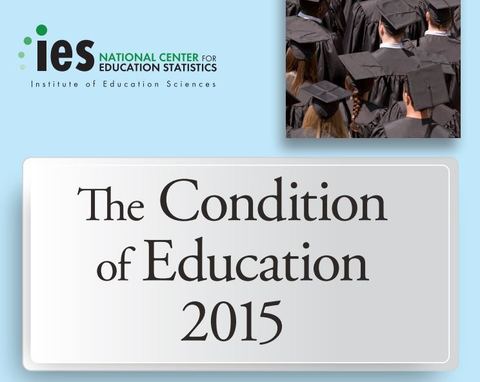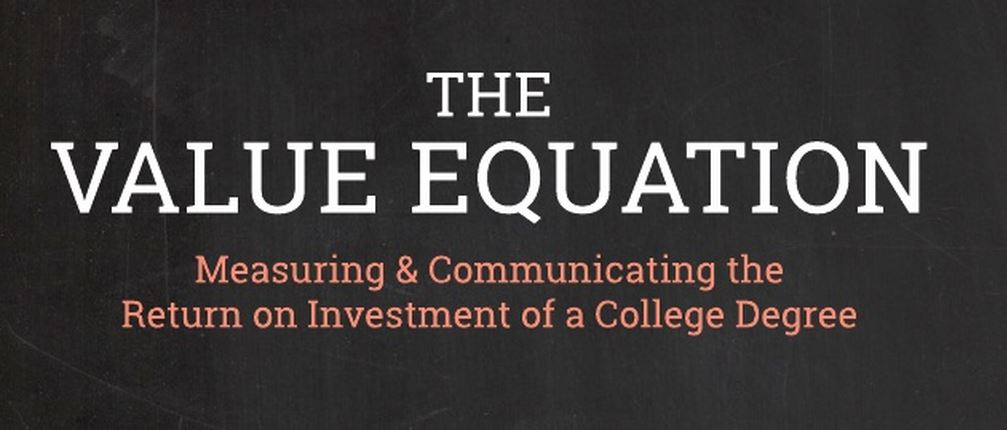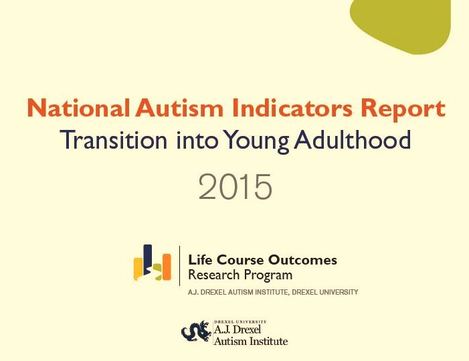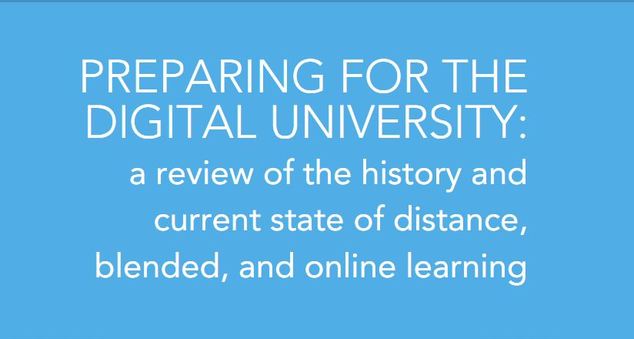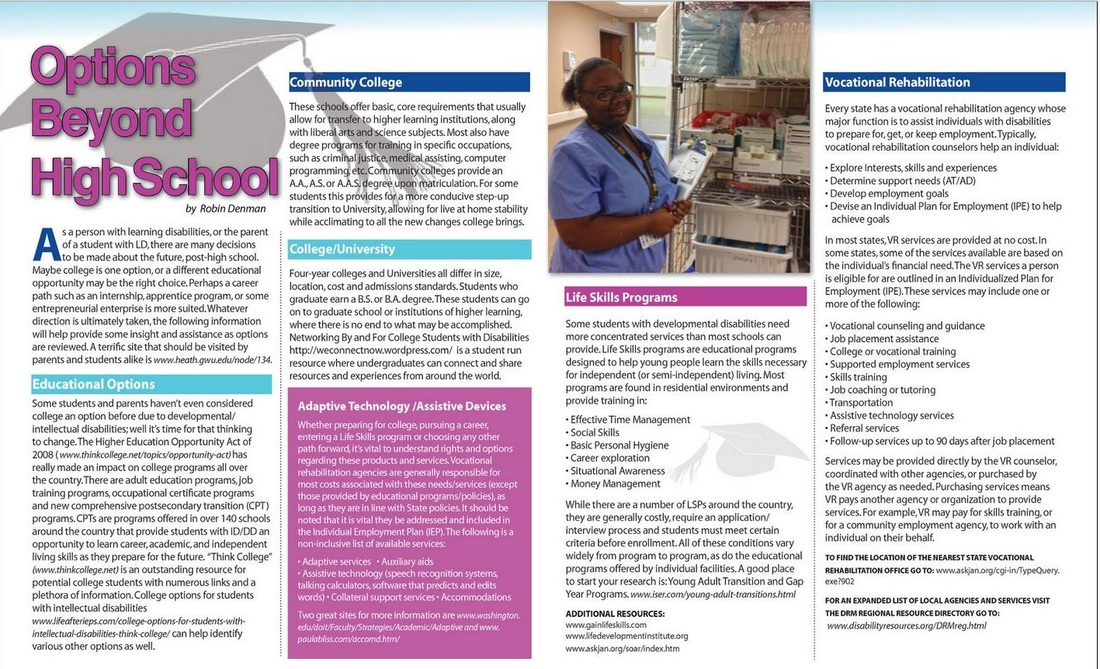 "Teachers need to understand that providing supportive material in advance can make a big difference in helping students grasp and lock in key concepts presented in a lecture," said study co-author Mark McDaniel, PhD, a professor of psychology in Arts & Sciences and co-director of the university's Center for Integrative Research on Cognition, Learning, and Education. In this study, 144 college undergraduates with no mechanical experience listened to spoken explanations of how key components of an automobile braking system work together to slow a car. Participants were divided into three groups, with some getting a blank sheet of notepaper, some getting bare-bones text outlines describing key concepts, and others getting more detailed overviews with embedded diagrams showing how brake shoes, drums and other parts fit together to complete the braking system. Based on research by Morton Ann Gernsbacher at the University of Wisconsin-Madison, Structure-Building Theory suggests deep comprehension requires a two-step process in which learners must first identify and understand key terms and concepts and then grasp how these pieces fit together into a cohesive framework.
0 Comments
The Condition of Education 2015 presents 42 key indicators on important topics and trends in U.S. education. These indicators focus on population characteristics, such as educational attainment and economic outcomes, participation in education at all levels, as well as aspects of elementary, secondary, and post-secondary education, including international comparisons.
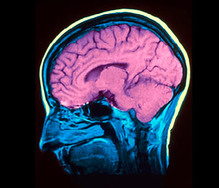 For the study, Dr. Munro Cullum, a neuropsychologist at the University of Texas Southwestern Medical Center in Dallas, and his colleagues collected data on 28 former NFL players, aged 63 and older. Eight suffered from memory and attention problems and had a history of concussion. Seventeen had a history of concussion with loss of consciousness. Researchers found that former players with a history of concussion but who showed no problems with memory and learning had normal but lower scores on a test of verbal memory compared with a control group of people who had no history of concussion or football. Former players with memory problems and a history of concussion did worse on the memory tests than people without a history of concussion or athletes without memory problems, the researchers found. However, retired football players who had at least one concussion with loss of consciousness had a smaller hippocampus compared with retired players who never had a concussion or people who never suffered a concussion or played football. Dr. Cullum noted that a concussion with loss of consciousness may increase the risk for memory problems beyond the normal risk associated with an aging brain. Dr. Robert Glatter, director of sports medicine and traumatic brain injury at Lenox Hill Hospital in New York City, said, "We are now beginning to understand that repetitive hits to the brain over time -- without concussion or loss of consciousness -- can be an important marker for mental impairment and memory loss and potentially other neurodegenerative disease such as dementia or Alzheimer's," he said. Dr. Robert Duarte, a neurologist and concussion expert at North Shore-LIJ's Cushing Neuroscience Institute in Manhasset, N.Y., agreed that losing consciousness isn't necessary to cause brain damage that can lead to memory problems. "We see that people who have several mild concussions over time also have a decrease in hippocampal volume," he said. SOURCES: C. Munro Cullum, Ph.D., neuropsychologist, University of Texas Southwestern Medical Center, Dallas; Robert Glatter, M.D., director, sports medicine and traumatic brain injury, Lenox Hill Hospital, New York City; Robert Duarte, M.D., neurologist and concussion expert, North Shore-LIJ's Cushing Neuroscience Institute, Manhasset, N.Y.; May 18, 2015, JAMA Neurology. The mental health of today’s college students continues to be a top-level concern for institutions of higher education, whether it is viewed from the perspective of staffing mental health services on campus, responding to after-hours crises in residence halls, providing accessible treatment with limited budgets, managing behavioral threats, or maintaining student safety during personal crises.
With the backing of more than 280 counseling centers, multiple national organizations, and the addition a full-time project manager in 2014, the Center for College Mental Health CCMH is striving to infuse the national dialogue about college student mental health with high quality data that is capable of informing policy. As student debt surpassed more than $1 trillion in 2011, students and their parents started to question what they were getting in return for the high cost of a college degree. The survey, completed by some 800 vice presidents, deans, and directors at two-year and four-year colleges, focused on their attitudes about the value of their degrees, strategies to measure the outcomes of their graduates, and what skills higher education should provide to students.
The National Autism Indicators Report is a publication series produced by the AJ Drexel Autism Institute's Life Course Outcomes Research Program. The inaugural volume of this report focuses on the transition into young adulthood. We present evidence about a wide range of experiences and outcomes of young adults on the autism spectrum between high school and their early 20s. This report describes the prevalence of a wide variety of indicators related to transition planning, services access, unmet needs, employment, postsecondary education, living arrangements, social participation, and safety and risk.
With the intent of informing future research and practice in the emerging discipline of digital learning, this tertiary study focuses on the history and state of distance education, and the understanding of the large body of empirical research as captured by secondary studies (i.e., meta-analyses and systematic literature reviews). Our results indicate that distance education, when properly planned, designed, and supported by the appropriate mix of technology and pedagogy, is equivalent to, or in certain scenarios more effective than, traditional face-to-face classroom instruction.
As a person with learning disabilities, or the parent of a student with LD, there are many decisions to be made about the future, post-high school. Maybe college is one option, or a different educational opportunity may be the right choice. Perhaps a career path such as an internship, apprentice program, or some entrepreneurial enterprise is more suited. Whatever direction is ultimately taken, the following information will help provide some insight and assistance as options are reviewed.
|
Disclaimer: This website is for informational and educational purposes.
Any and all blog content represents a synthesis of empirical information found on the internet, of my own personal opinions, and my professional experiences. Nothing posted reflects or should be considered professional advice. Interaction with me via the blog does not constitute a professional or therapeutic relationship. For professional and customized advice, you should seek the services of a licensed mental healthcare professional. I do not assume liability for any portion or content of material on the blog and accept no liability for damage or injury resulting from your decision to interact with the website. Archives
October 2023
Categories
All
|
